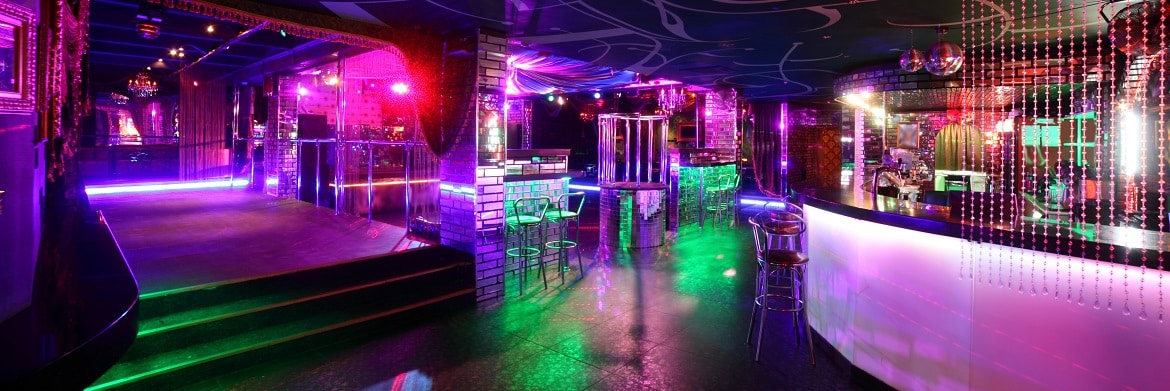
Police CPI has welcomed the Home Affairs Committee and Government response report into spiking, published last month, recommending that staff should receive similar training to that provided by Licensing Security and Vulnerability Initiative (SAVI).
Mark Morgan, Business Lead for Licensing SAVI, said agreed that victims should be at the centre of the issue.
Morgan said: “We wholly agree upon a victim-first approach and that effective partnerships are key to tackling spiking and are working tirelessly with a number of other organisations to support and implement further recommendations detailed within the report.
“We have been working with the National Police Chiefs Council and Home Office to support venues in tackling the recent spiking trend and have written good practice guides for venues and customers.
“We’re producing posters with the Night Time Industries Association in preparing for the return of students in September, to promote awareness of how staff at licensed premises can support victims and prevent spiking.
“We’ve also worked with the National Crime Agency behavioural scientists to develop offender focused posters and digital screen displays, targeting those most likely to cause harm and rightly not having any form of victim blaming culture. These materials have also evolved for use by festivals / outdoor events and are available in both English and Welsh language versions on our website Drink Spiking Posters – Free Downloadable Posters (licensingsavi.com).”
The report also mentions Enough, the government’s communications campaign to tackle violence against women and girls. It aims to educate the public about what we can all do if we see or suspect various forms of abuse. Even small acts of recognition and support can make a difference.
The Licensing Security and Vulnerability Initiative (Licensing SAVI) self-assessment specifically covers the issue of drink spiking in licensed venues and gives advice on reducing risk.
Police CPI’s Licensing SAVI, seeks to improve safety and security in licensed premises and, with the recent national publicity around the safety of women and girls, coupled with the recent spate of reports about drink spiking and injection incidents, the focus for venues to provide a safe and secure environment has never been more important.
Licensing SAVI is a confidential self-assessment tool designed to help the owners and operators of licensed premises provide a safe and secure environment for their managers, staff, customers and local communities.
Licensing SAVI is focused on supporting those who manage and work in licensed premises to be able to undertake a ‘health check’ in relation to their operating practices and security measures, providing feedback to help improve where necessary and to accredit venues with a Police Safety Award to reflect the efforts they have made.
WHAT IS LICENSING SAVI?
Licensing SAVI has been developed by Police Crime Prevention Initiatives (PCPI) at the request of the Home Office.
The National Police Chiefs’ Council Lead for Crime Prevention said “PCPI is a police owned organisation that works on behalf of the Police Service to deliver a wide range of crime prevention and demand reduction initiatives. It has rightly earned its place as an important part of the Police Service and police family. It maintains close working links with the National Police Chiefs’ Council (NPCC) National Leads and Committees”.
PCPI is a not-for-profit organisation which delivers significant crime reductions at no cost to the Police Service or the public purse. This financial freedom enables PCPI to be agile and to deliver difficult crime and demand reduction pieces within very short time periods. PCPI has recently provided such services to Government in several key areas and it is recognised as a trusted and worthy resource.
Chief Police Officers from England, Scotland, Wales and Northern Ireland are Board Members and control and direct the work PCPI carries out on behalf of the Police Service.
“The night-time economy can sometimes be a driver for violent crime. This initiative focuses on helping licensees know what is expected of them and enables them to take responsibility for making their premises as safe and secure as they can be for their staff and patrons. It is intended to help remove potential areas of contention between police and licensees giving online access to the advice and guidance that they need.”